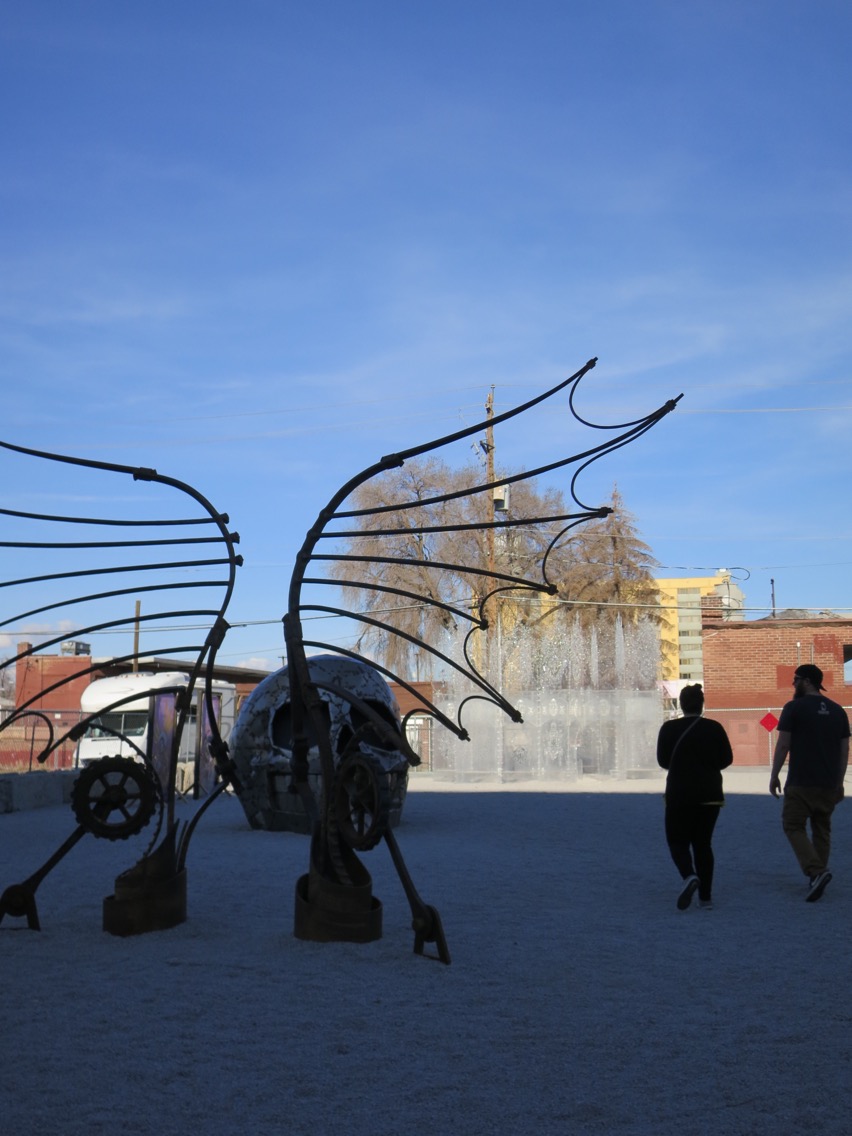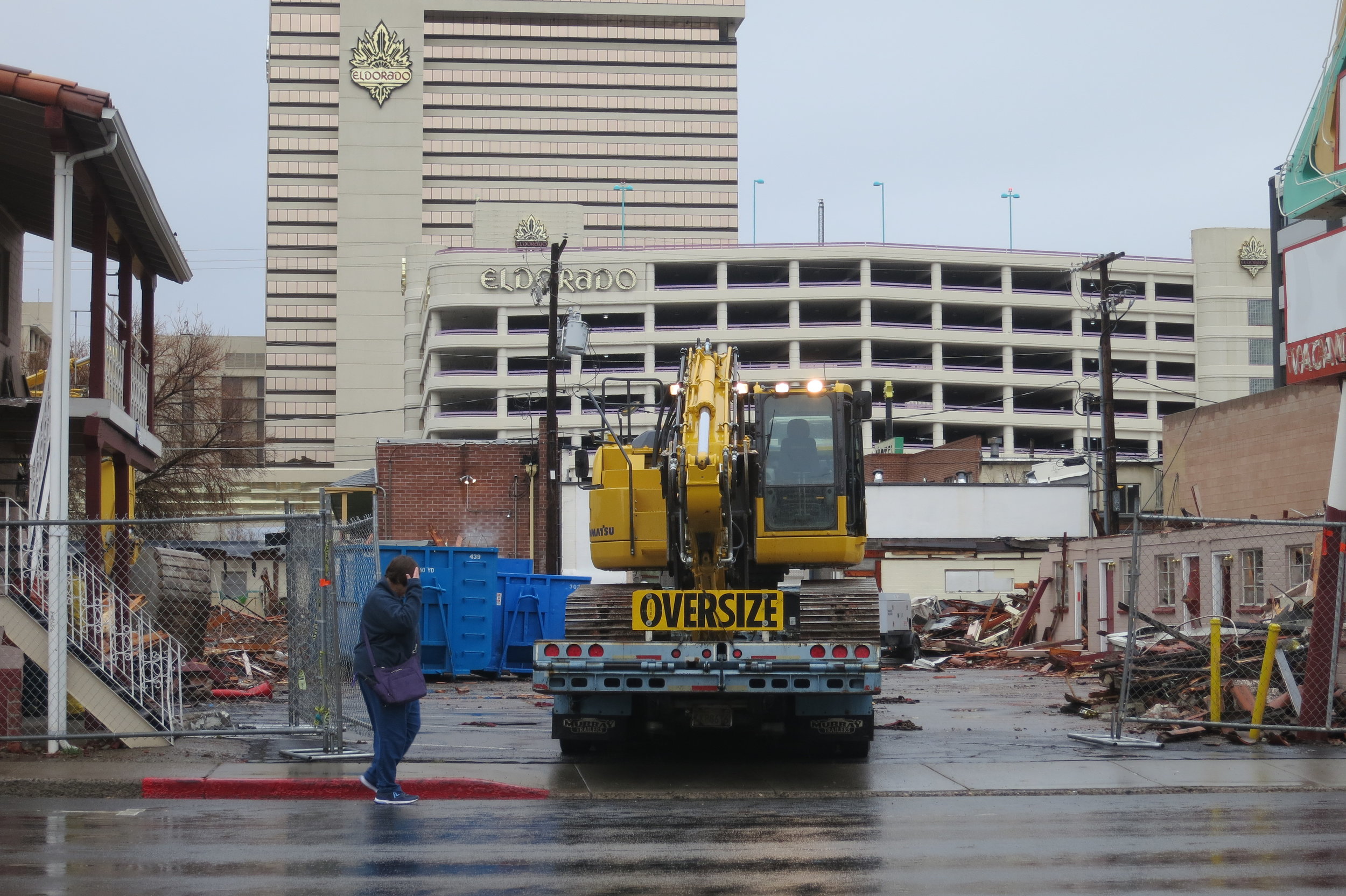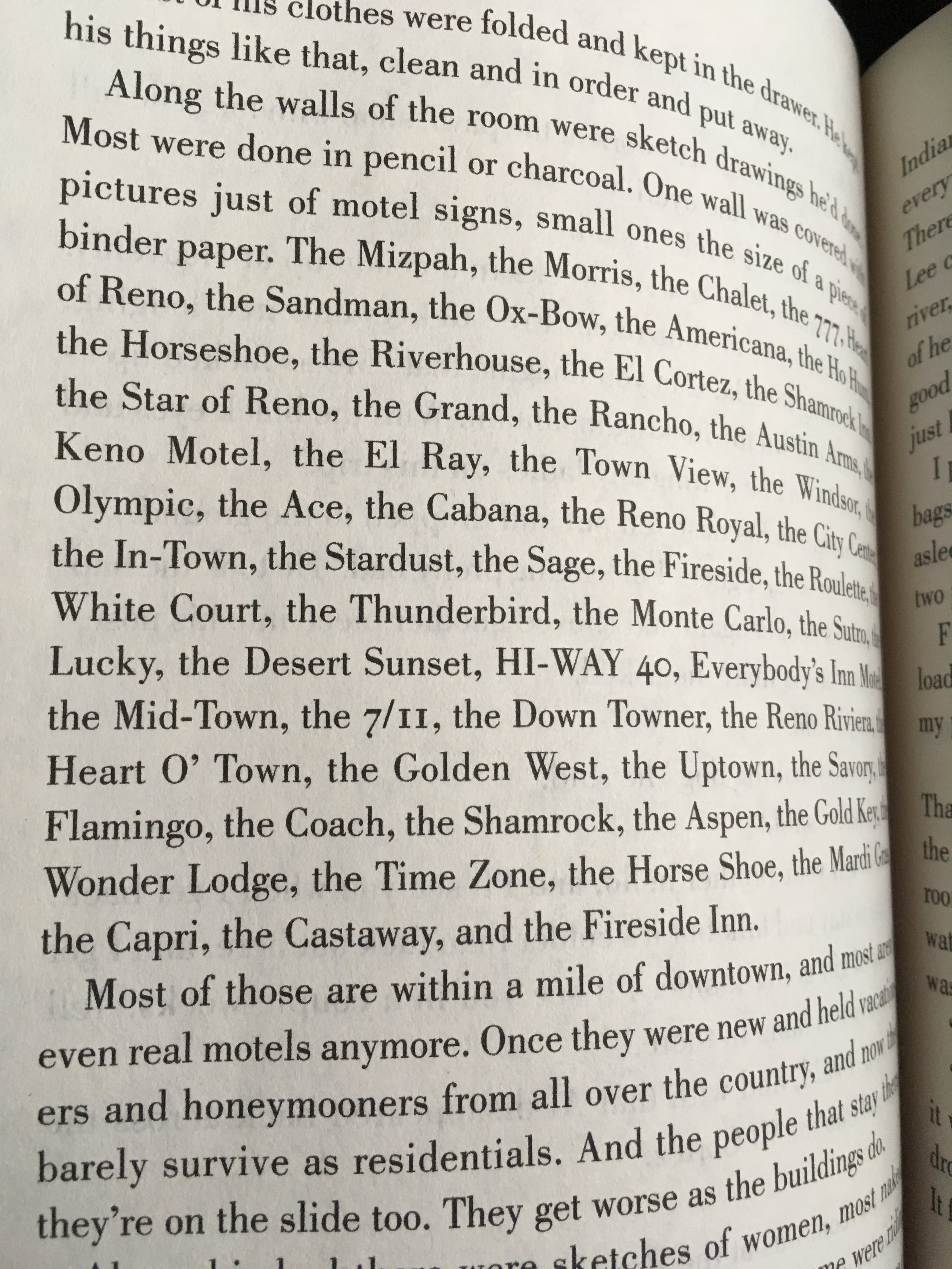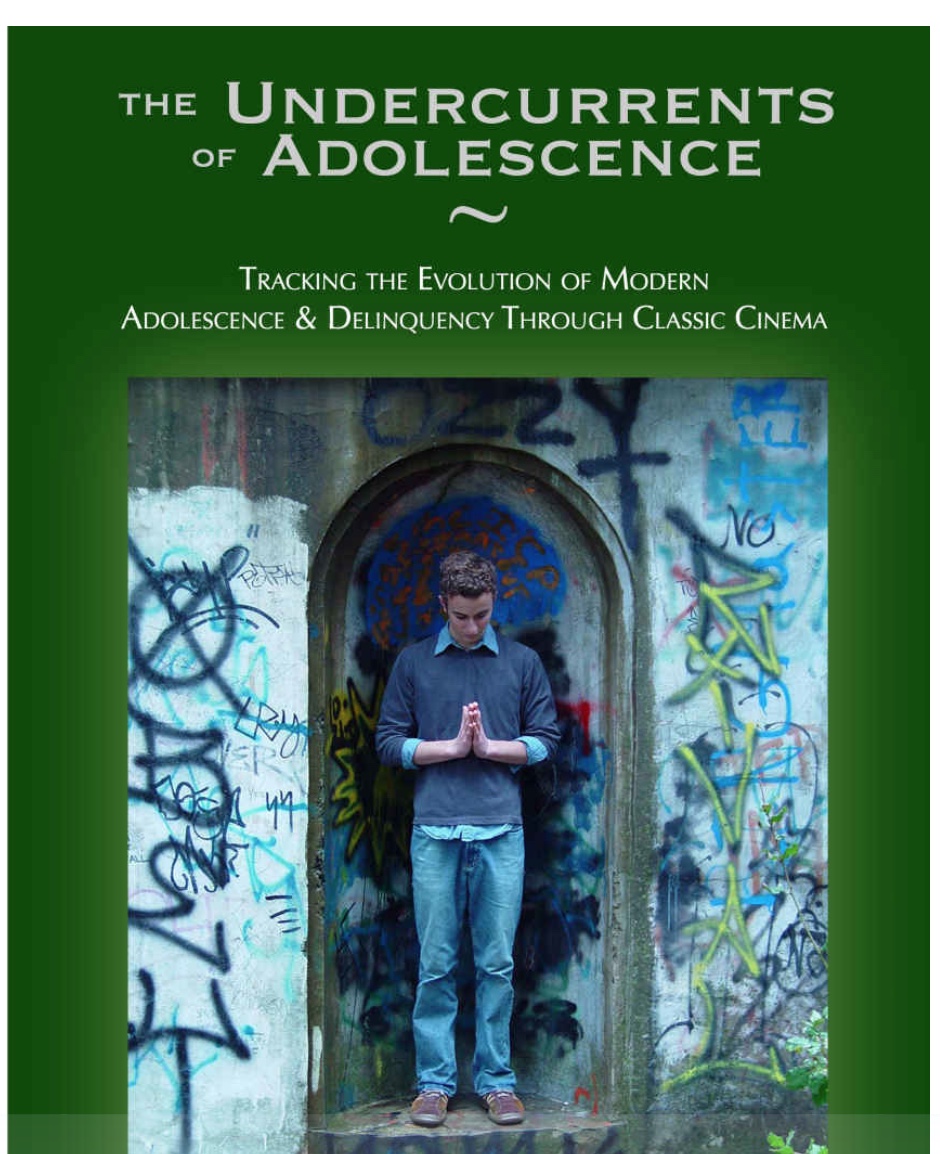Despite recent improvements in combating the epidemic, more than one Nevadan a day still dies from an opioid-related overdose. On the third floor of the Northern Nevada HOPES building on 5th street, members of the Reno community recently gathered together to address this very serious issue. A panel of experts in different fields including a judge, police officers, and community leaders gave their viewpoints on how to help addicts.
The event was officially titled The Northern Nevada Opioid Awareness Summit, and according to organizer Lisa Lee of the Life Change Center, a recovering addict herself, the goal of the event was to “bring the community together and to get us talking about these things.”
Talking to Addicts Directly
If we want to help an addict, we asked Lee, how should we start?
"I would like you to tell them that someone gives a shit about you, that even when you feel like no one cares about you there's somebody out there that still thinks you're worthwhile and that there's a way out of this. You know there is a way out of this and there's people that will gladly help you. All you have to do is say, 'hey you know I I don't want to do this anymore'. I think everyday ordinary citizens should stop judging other people and start connecting with other people. And the thing that I think we tend to do as human beings, if we see somebody struggling, we push away. We're like 'oh man, you're messed up ...' You know we push away and that further isolates somebody and can really spiral that behavior by pushing away. And I think what we need to do more of is lean in and be like 'I see you struggling. How can I best support you and let that person answer for his or herself? Not with all of your ideas and judgments about how you can fix them and your solutions to how to fix them. But hear from them like how can I best support you? What do you need from me?"
Picking up a pamphlet can be the beginning of seeking out help, and getting on the road to recovery. Photo by Jordan Gearey for Our Town Reno.
Compassion over Judgment or Not Talking About It
"Sometimes it's a hug," Lee said of what an addict might need to start helping themselves. "Sometimes it's just to have somebody notice you. You noticed me right. You see me. You didn't judge me. Lean in. That's what I think we can do. We need to talk about Grandma taking her opiates. We need to talk about your son, your daughter. Like stop hiding that stuff from other people ... talk about it. It can't get better if we don't talk about it. And that's where the judgment comes in. And you know, it's like nobody wants to talk about their uncle that just overdosed last week. You know nobody wants to talk about Grandma who fell in the living room because she forgot she took her oxi and then she forgot and she took another oxi. Oh my gosh, like we don't want anybody to know this. We need to talk about this."
The conference room was filled. Microphones were passed among the crowd where people could voice their concerns about substance abuse, or asked questions about what is being done.
Requests for More Funding
Sgt. Wade Clark of the Reno Police Department stated that “we cannot enforce our way out of this.”
John Firestone, the Executive Director of the Life Change Center, asked for the city's help in terms of additional funding.
The Northern Nevada Awareness Summit plans to have two more similar community meetings in the near few future in both Carson City and Fallon. For those wishing to attend a future meeting they can visit http://www.tlccreno.org/ for more information.







!["We’ll have to see what they do. On the one hand, I think we’re very grateful that there’s investment that’s going to be made .... (but) what the actual vision is for downtown, for their [Jacobs] downtown development, I think the jury is still …](https://images.squarespace-cdn.com/content/v1/5675d221cbced60a236e28b8/1524770483458-QUM2G52QO305ONKQCSYE/ClosedMotel.jpg)












































































